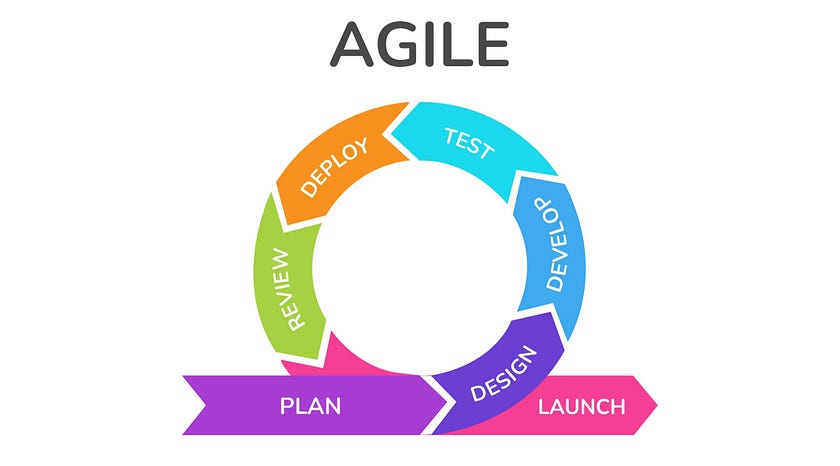Agile Development: A Flexible Approach to Software Development

What is Agile Development?
Agile development is a software development methodology that emphasizes iterative development, collaboration, and flexibility. Unlike traditional waterfall methodologies, Agile focuses on delivering working software in short iterations, known as sprints. This approach allows for continuous adaptation to changing requirements and priorities.
Core Principles of Agile Development
Agile development is guided by a set of core principles:
- Individuals and Interactions Over Processes and Tools: Prioritize effective communication and collaboration among team members.
- Working Software Over Comprehensive Documentation: Focus on delivering functional software rather than extensive documentation.
- Customer Collaboration Over Contract Negotiation: Work closely with customers to ensure their needs are met.
- Responding to Change Over Following a Plan: Be adaptable to changing requirements and priorities.
Agile Methodologies
Several popular Agile methodologies have emerged, each with its own specific approach:
Scrum:
- Emphasizes iterative development, self-organizing teams, and frequent inspection and adaptation.
- Key roles: Product Owner, Scrum Master, and Development Team.
- Ceremonies: Sprint Planning, Daily Scrum, Sprint Review, and Sprint Retrospective. 1
Kanban:
- Focuses on visualizing work, limiting work in progress, and continuously delivering value.
- Key concepts: Kanban board, work items, and workflow.
Extreme Programming (XP):
- Emphasizes simplicity, communication, feedback, and courage.
- Practices: Pair programming, test-driven development, continuous integration, and frequent releases.
Lean Development:
- Focuses on eliminating waste, optimizing workflow, and delivering value.
- Key principles: Eliminate waste, amplify learning, decide as late as possible, deliver as fast as possible, empower the team.
Benefits of Agile Development
Agile development offers numerous benefits:
- Faster Time to Market: By delivering software in smaller increments, Agile enables faster product launches.
- Improved Quality: Frequent testing and feedback loops help identify and address issues early on.
- Increased Customer Satisfaction: Agile teams work closely with customers to ensure their needs are met.
- Enhanced Team Collaboration: Agile promotes effective communication and teamwork.
- Adaptability to Change: Agile teams can quickly respond to changing requirements and market conditions.
By embracing Agile principles and methodologies, organizations can achieve greater efficiency, quality, and customer satisfaction in their software development efforts.



Comments
Post a Comment